Matthew Cheirs II: Growing up biracial
By Cristina DC PastorMatthew Cheirs II was supposed to join the military, but a visit to the Bayanihan Center in Queens stopped him in his tracks.
The son of a Filipina from Quezon City and an African American father, Matthew, 25, is now a full-fledged grassroots organizer. He is the chairperson of Anakbayan New York, a regional coordinator for the National Alliance for Filipino Concerns and an after-school counselor at the YMCA. Three hats he wears with pride and with no ambiguity.
What does he think of the military today? “I‘m not going to be part of that.” As a matter of fact, this was what he told his recruiting officer who said he could be deployed to the Philippines at any time because he is Filipino American. “I don’t want to exploit my people.” With that, he embraced the philosophy of anti-imperialist activism and rejected any potential military engagement.
Becoming a Marine was a tantalizing idea to a teen trying to find focus and discipline in his life. Matthew grew up in the small-town suburbia of Roselle, New Jersey — where he was one of six African American students in school and one of three Filipinos — his identity a blur in his young mind.
“At that time, I had no consciousness of what I was, Filipino or African American,” he said when interviewed by The FilAm. “I didn’t identify with either. All I know was I’m American.”
The disconnect, he explained, came from the lack of visibility of Filipino Americans in his community. By comparison, he knew more African Americans although they were still a minority in his mostly-white neighborhood.
In 1998, the Cheirses moved back to New York, specifically Queens’s Sunnyside district, where he became acquainted with people of different races. “That’s how I discovered my African American identity,” he said, admitting to being “really lost for a very long time.”
In high school, and with a growing diversity in his social life, Matthew’s struck a friendship with a Filipino student. He later met a biology teacher, also Filipino, who was recruited from the Philippines. This teacher “gave me the foundation,” he acknowledged. He became more aware of the other, the unexplored half, of his identity through these people.His older sister Krystle, who was more advanced in her quest for a Filipino consciousness, invited her to a Philippine Forum meeting at the Bayanihan Center in Queens. “My sister and I were the only African Americans,” he recalled.
In that gathering, he met people who had answers to the nagging questions about what it meant to be Filipino American. Before long, he was coming to the Bayanihan Center on his own to meet fellow Filipinos and learn more about Philippine politics, history and culture. After one year, he became a youth organizer for Philippine Forum. He attended rallies and educated fellow FilAms about human rights, militarization, and why relations between the U.S. and the Philippines will always be one of subservience to the imperialist power.
Matthew still cannot speak Tagalog.
But at least he can cook ‘sinigang’ and ‘adobo,’ a skill learned from his mother, Josie Ilag.
“My mother also taught me hospitality, looking out for everybody around you, taking care of family,” he said.
As a biracial couple, his parents have always encouraged him and his siblings to define their lives the way they want to live it. Even though he has delineated his Filipino self as being more family- or community-oriented and his African American self as being more individualistic, Matthew has found a way to balance both inclinations. One thing that struck him, he said, is how people from both cultures shared the same struggle for civil rights.
In fostering independence, the Cheirses would tell their children, “Find something good and go with it.”
Matthew did, and that’s how he found himself.
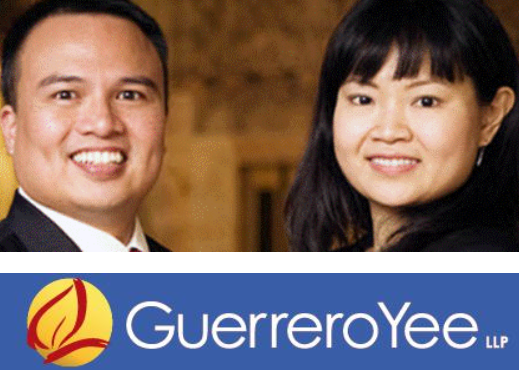 Trust our award-winning law firm with your immigration case.
Trust our award-winning law firm with your immigration case.

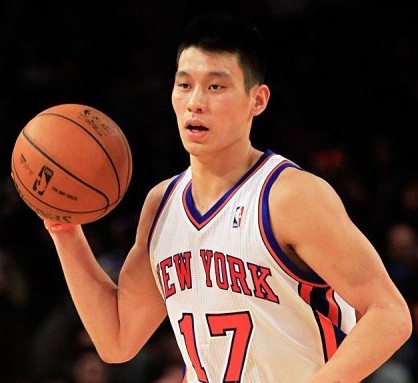

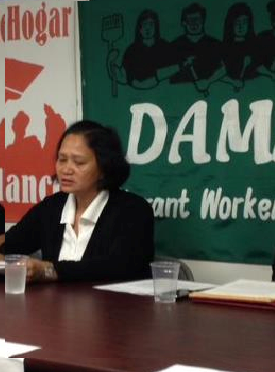
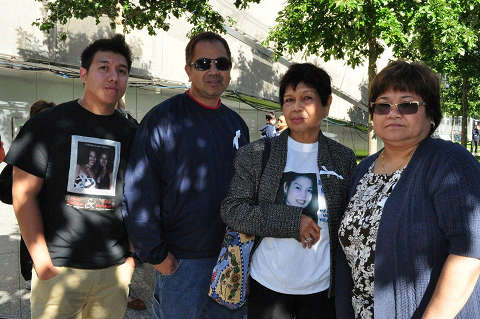
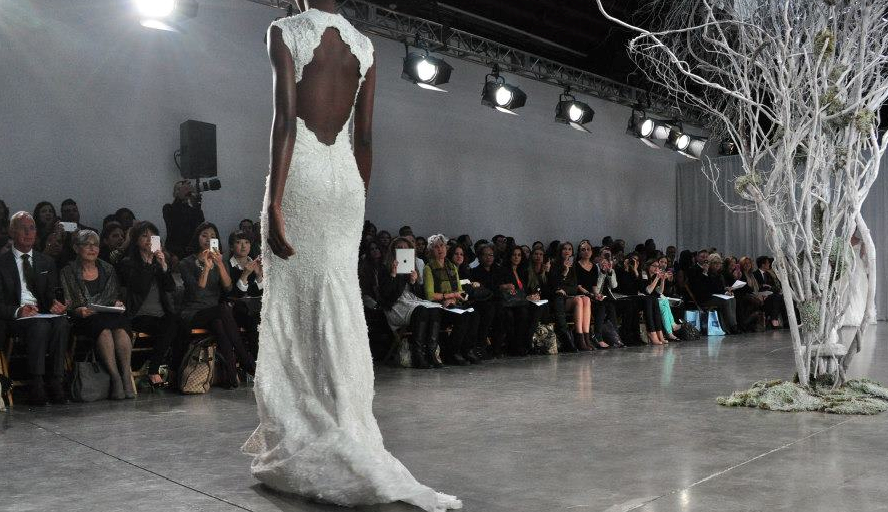
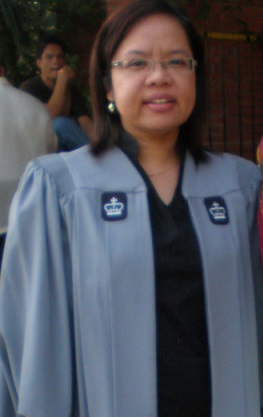
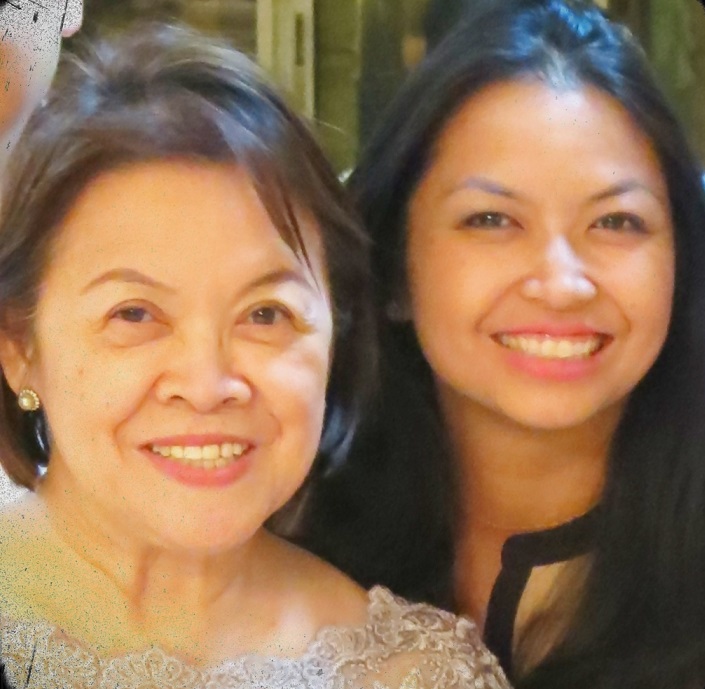


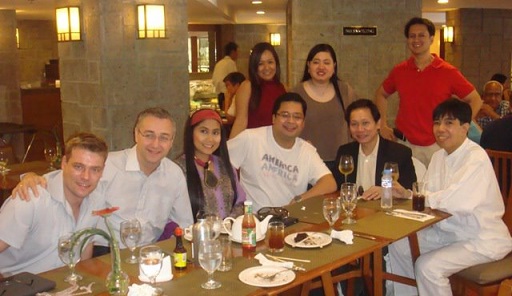
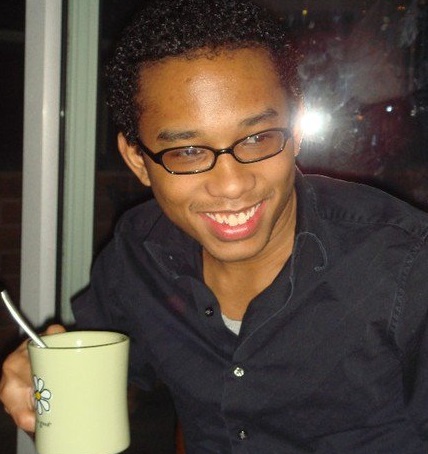
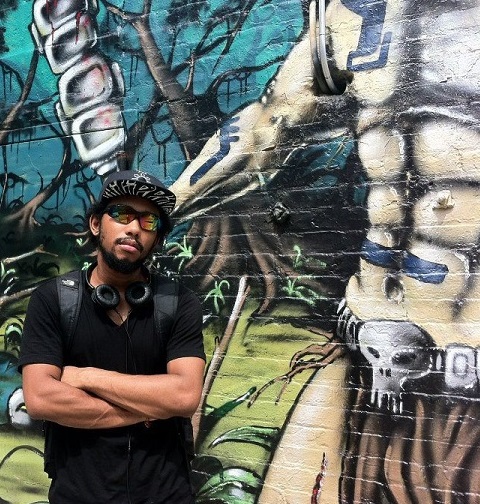

[…] looking to the great heroes of our past to set the example for our present and our future,” said Matthew Cheirs II of Anakbayan New […]